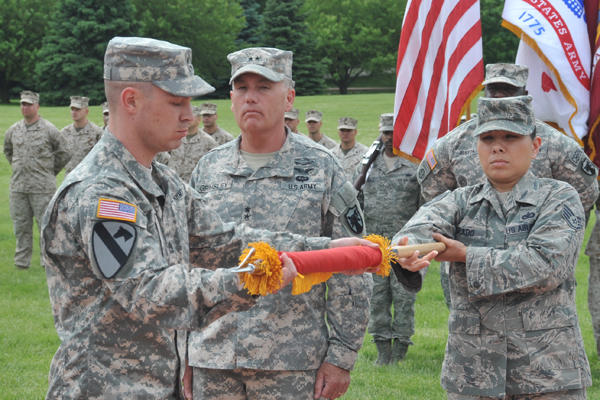Personal and Family Information
This period of transition provides an excellent opportunity to get your personal and Family records in order. Original or certified copies of documents are required when you file for various benefits from the Department of Veterans Affairs (VA), Social Security Administration (SSA), and other government agencies. You should make sure that your vital documents are in order and that your next of kin or the executor of your estate knows where the documents are stored.
You are advised NOT to record your final discharge papers at a courthouse if they will become a public record, as instances of identity theft are increasing. Some of the more essential documents are: a will; birth certificates for you, your spouse and/or children; adoption papers; marriage certificate; divorce decree; DD Form 214 (Certificate of Release or Discharge from Active Duty); names of banks and credit unions, and routing and account numbers; insurance policies; and a list of assets and liabilities.
Military Records
Soldiers should obtain a copy of their medical and dental records prior to retiring; this includes all outpatient care at an Army Military Treatment Facility, Civilian provider and treatment received while deployed. These records will be turned in when you process out, and once they leave your possession it may be difficult to obtain copies. It is also advisable to retain any paper and electronic copies of military personnel records you have. These could be difficult to obtain once they have been forwarded to the personnel records center.
Identification Cards
You and all eligible Family members will be required to obtain new ID cards upon your retirement to reflect your new duty status. Guidelines on eligibility and how and when to get new cards can be obtained from your personnel officer or your Retirement Services Officer (RSO).
When You Can Retire
You can request retirement from your Military Personnel Office when your Active service, Active Duty for Training (ADT), Active Duty for Special Work (ADSW), Temporary Tour of Active Duty (TTAD), Full-Time National Guard Duty (FTNGD), and Active Guard/ Reserve (AGR) totals 20 years (Section 3926, Title 10 U.S. Code). Officers may also use service as a contract surgeon or acting dental surgeon to qualify for retirement. Qualified Reserve Component (USAR and ARNG) personnel retire (and begin to draw retired pay) at age 60, or any date thereafter that. Due to NDAA FY 2008 Sec 647, Public Law 110-181, qualified personnel may retire under the age of 60, however not less than 50.




